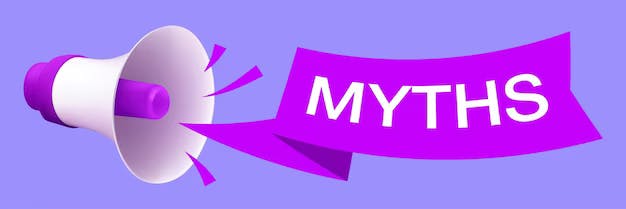Starting with Open Source
Getting started with Open Source journey for beginners.
Why do we require it?
As a student, gaining real-world experience is crucial to preparing for a career in your field. One of the best ways to achieve this experience is by participating in open-source projects. Open source projects provide an opportunity to work on real-world projects and collaborate with a diverse group of individuals, including industry professionals.
By contributing to open-source projects, you can demonstrate your skills and gain exposure to new technologies and practices. You'll also have the opportunity to interact with mentors and experienced professionals who can provide guidance and feedback on your work. This can help you build your professional network and gain a deeper understanding of the industry.
What is Open Source?
Open source refers to a type of software license that allows the source code of a program to be made available to the public, allowing anyone to use, modify, or distribute the code for any purpose.
The open-source model is based on the idea of collaboration and sharing, allowing developers from around the world to work together to create and improve the software.
Myths of Open Source

I need to be an expert to contribute: This is not true. Open source projects welcome contributions from individuals of all skill levels and often have a need for tasks that don't require extensive technical knowledge.
I don't have any unique skills to contribute: Everyone has something unique to offer, regardless of their technical expertise. Open-source projects value a diverse range of perspectives and skill sets, including documentation, design, testing, and project management.
My contributions won't be accepted: While it is true that not every contribution will be accepted, the open-source community is generally welcoming and supportive of new contributors. If your contribution is not accepted, you can use the feedback to improve your skills and make better contributions in the future.
It will be too time-consuming: While contributing to open source can be time-consuming, it is also a great way to build your skills and gain experience. You can start with small contributions and work your way up as you become more familiar with the project and the community.
The community is unfriendly and unapproachable: This is a common misconception, as many open-source communities are highly collaborative and welcoming to new contributors. If you do encounter any negative behavior, there are resources and tools in place to address these issues.
How do I get involved with Open Source?
Join a community or organization or find any open source repositories at Github.
Some resources will be provided at the end of this article.
Try to have discussions with those communities for asking help, support, or resources.
Learn about GitHub.
Start with improving documentation(readme) or find a good first issue
labelin those repositories and try to fix them.Look for open-source tools, libraries, or frameworks you are already familiar with.
Participate in open source programs to get involved more such as MLH Fellowship or you can go through this website.
Resources
Here are a few resources you can start your journey:
Roadmap for Open Source
